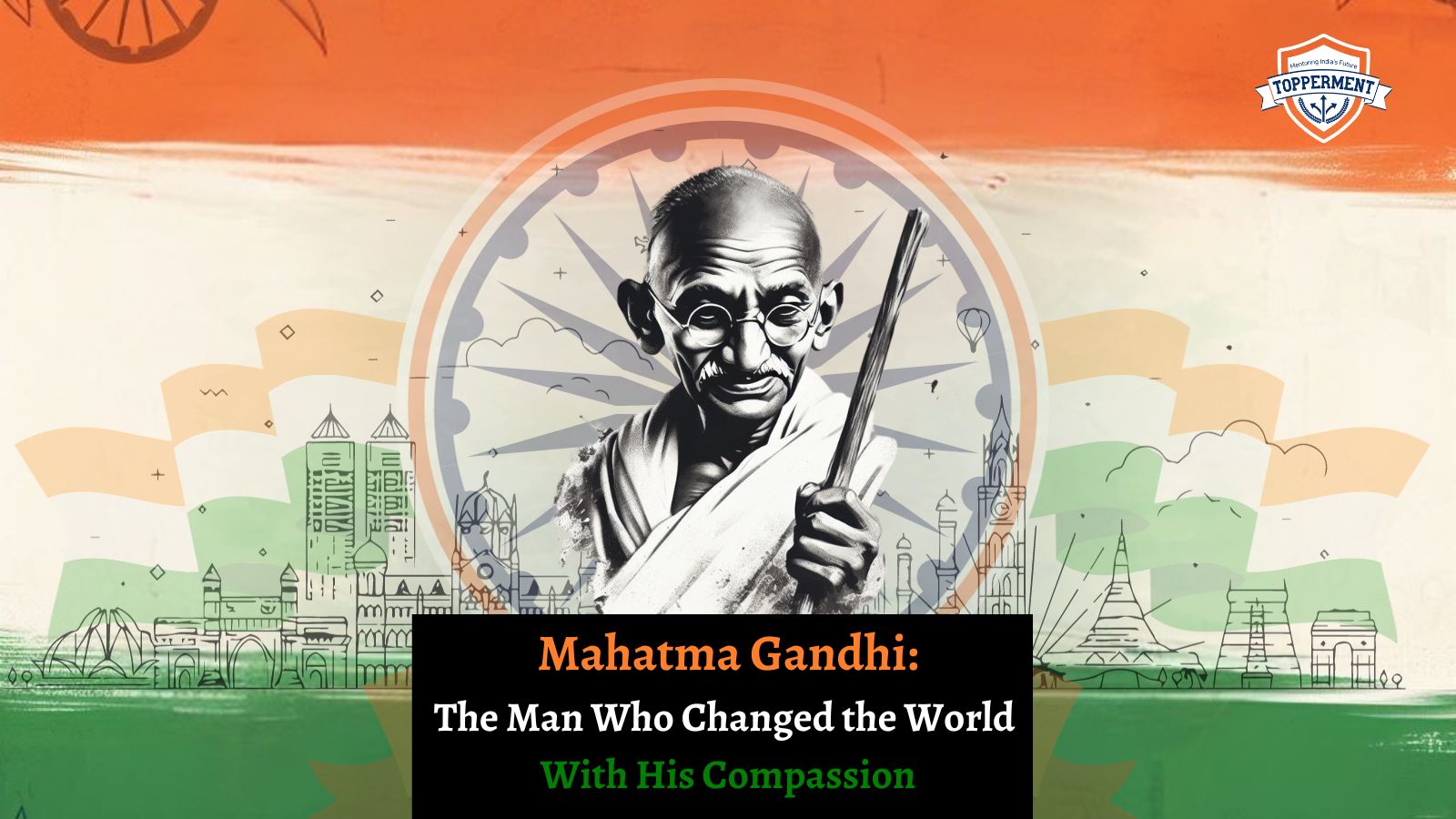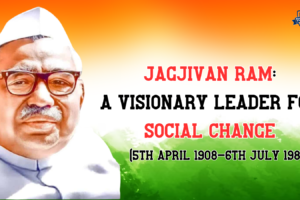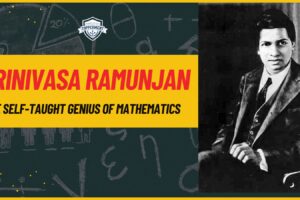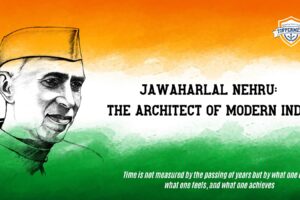
Mahatma Gandhi : The Man Who Changed The World With His Compassion | Indian National Personalities
Mahatma Gandhi, also known as Mohandas Karamchand Gandhi, was a significant figure in India’s struggle for independence from British rule. He was born on October 2, 1869, in Porbandar, India. He studied law and organised boycotts against British institutions in peaceful forms of civil disobedience. His unique approach to political activism, which emphasised non-violence and passive resistance, earned him the title of “Mahatma,” meaning “Great Soul”.
Gandhi’s principles were deeply rooted in truth and nonviolence. He believed in the complete unity and integrity of body, mind, and soul in the individual human being. His philosophy of Satyagraha, or devotion to truth, became a powerful tool for social justice. He also advocated for civil rights for women, the abolition of the caste system, and the fair treatment of all people regardless of religion.
Gandhi’s contribution to India is immeasurable. He led the Indian National Congress in nationwide campaigns for easing poverty, expanding women’s rights, building religious and ethnic amity, ending untouchability, and achieving Swaraj or self-rule. His peaceful protests and boycotts put significant pressure on British rule leading to India’s independence.
Mahatma Gandhi’s contribution in India’s Freedom Struggle:
Mahatma Gandhi played a pivotal role in the freedom struggle of India. His unique approach to the struggle for independence was marked by non-violence and civil disobedience.
Gandhi led three significant Satyagraha movements in his early days: the Champaran Satyagraha in 1917, the Kheda Satyagraha in 1918, and the Ahmedabad Mill Strike in 1918. These movements were based on the principle of non-violent protest or Satyagraha.
Gandhi’s role in the freedom struggle helped shape India’s independence. His movements of Satyagraha and non-violent protests against British rule played a very important role. His actions and words inspired millions, and his struggle movement policies were non-violent.
Mahatma Gandhi led several significant movements that played a crucial role in India’s struggle for independence. Here are some of the major movements:
- Champaran Satyagraha (1917): This was Gandhi’s first major public movement after his return from South Africa1. In the Champaran district of Bihar, the condition of Indigo cultivators was miserable under the oppressive Tinkathiya system. Gandhi adopted the approach of civil disobedience and launched demonstrations and strikes against the landlords.
- Kheda Satyagraha (1917-1918): When Kheda, a village in Gujarat, was badly hit by floods, the local farmers appealed to the rulers to waive off the taxes. Gandhi started a signature campaign where peasants pledged non-payment of taxes. He also arranged a social boycott of the revenue officials.
- Khilafat Movement (1919): Gandhi’s influence on the Muslim population was remarkable. This was evident in his involvement in the Khilafat Movement. After World War I, Muslims feared for the safety of their Caliph or religious leader and a worldwide protest was being organised to fight against the collapsing status of the Caliph. Gandhi became a prominent spokesperson of this movement.
- Non-Cooperation Movement (1920): Gandhi realised that the British had been able to be in India only because of the cooperation they received from Indians. Keeping this in mind, he called for a non-cooperation movement. With the support of Congress and his indomitable spirit, he convinced people that peaceful non-cooperation was the key to Independence.
- Civil Disobedience Movement (1930-1931): The Civil Disobedience Movement was a significant event in the Indian Nationalist movement. It was initiated under the stewardship of Mahatma Gandhi. The movement began with the infamous Dandi March when Gandhi left the Sabarmati Ashram at Ahmedabad on foot with 78 other members of the Ashram for Dandi on 12 March 1930. The movement included boycotting the British government and rejecting transactions involving the government. The British Government followed a policy of repression to suppress the movement.
- Quit India Movement (1942-1945): The Quit India Movement, also known as the Bharat Chhodo Andolan, was a movement launched by Mahatma Gandhi on 9 August 1942, during World War II, demanding an end to British rule in India. Gandhi made a call to ‘Do or Die’ in his Quit India speech delivered in Bombay on 9 August 1942 at the Gowalia Tank Maidan. Almost the entire leadership of the Indian National Congress was imprisoned without trial within hours of Gandhi’s speech. The movement included boycotting the British government and rejection of transactions involving the government. The movement ended in 1945 with the release of jailed freedom fighters.
These movements were based on Gandhi’s principle of non-violent protest or Satyagraha. His actions and words inspired millions, and his struggle movement policies were non-violent.
Gandhi demanded a greater voice for Indians in the British government and administration. His efforts finally led to India gaining freedom from colonial rule. His ideology of non-violence, truth, tolerance, and social welfare continues to inspire generations.
Gandhi was also an author. Some of his notable books include
- An Autobiography or The Story of My Experiments with Truth
- Hind Swaraj or Indian Home Rule
- The Essential Gandhi: An Anthology of His Writings on His Life, Work, and Ideas and
- Non-Violent Resistance” among others
Gandhi held several titles throughout his life. He was often referred to as Bapu (Father) in India. He was also given the title of “Father of the Nation” by Subhas Chandra Bose. However, he is most universally recognized by the honorific title “Mahatma” which means “Great Soul” and was first applied to him in South Africa in 1914.
The greatness of Mahatma Gandhi lies not only in his significant political achievements but also in his personal virtues and commitment to non-violence. He is internationally esteemed for his doctrine of nonviolent protest (Satyagraha) to achieve political and social progress. His wisdom and teachings are often quoted around the world.
Gandhi’s legacy: Continues to inspire millions around the world. Mahatma Gandhi’s philosophy of non-violence, also known as ‘Satyagraha’, had a profound influence on other countries and their leaders1. His principles of peaceful resistance and civil disobedience became a transformative force in political protests worldwide.
In the United States, civil rights leader Martin Luther King Jr. was deeply influenced by Gandhi’s philosophy. King applied the principles of non-violence to the civil rights movement in the 1960s, leading to significant social change.
In South Africa, anti-apartheid revolutionary Nelson Mandela was inspired by Gandhi’s methods of nonviolent resistance. Mandela led a peaceful transition from apartheid to democracy in South Africa.
In Vietnam, leader Ho Chi Minh also drew inspiration from Gandhi’s principles. Similarly, the Dalai Lama, the spiritual leader of Tibet, has often expressed his admiration for Gandhi’s philosophy and has applied it in his struggle for Tibetan autonomy.
Gandhi’s philosophy has resonated with those dedicated to social service and has been adopted by many leaders worldwide. His teachings continue to inspire movements for civil rights and social change globally. As Dr. Martin Luther King Jr. himself put it, ‘If humanity is to progress, Gandhi is inescapable.’ His enduring influence demonstrates the power of non-violence and peaceful protest in effecting meaningful change.His life work continues to guide people towards social justice and peaceful resolution of conflicts. Even after his death in 1948, Gandhi’s legacy lives on as a symbol of peace, non-violence, and resilience
Also Read
Bhagat Singh: The Revolutionary Hero of India | Indian National Personalities
M.S.Swaminathan: The Man Who Transformed India’s Agriculture | Indian National Personalities
Tag:Ahimsa, Father Of Nation, Gandhi, IAS, IFS, Independence, India, India Independence, IPS, IRS, Love, Truth, UPSC



